- Resources
- article
GoodFish visits Mimosa Rock Oysters
The team from GoodFish spent a day at Mimosa Rock Oysters. Watch our educational film below to find out more!
Oyster farming has very low impact on our oceans overall. Truly sustainable forms of farming are rare and farming which harnesses nature rather than shape it, should be celebrated. That’s why we visited Mimosa Rock Oyster farm to show you how oyster farming works.
John Blankenstein is a rock oyster farmer from Tathra on the South Coast Coast of NSW. His farm, Mimosa Rock Oysters produces oysters in Nelson Lagoon and Wapengo lake selling to high -end restaurants across South Eastern Australia. A passionate adventurer, his passion is the connection that oyster farming allows him to have with the natural world.
Oyster farming harnesses natural processes. It has a very low impact on oceans overall.
Rock oysters exist at the confluence between flavour, sustainability and the natural world. They are an expression of ecosystems, and allow increasingly detached humans to re-connect through their food.
Juvenile oysters are either sourced from the wild and grown on racks and ropes in the ocean, or developed in hatcheries. Neither method has a significant impact on the marine environment.
Oyster longlines and racks provide an anchor to which oyster larvae attach and grow. These structures cause minimal damage to the surrounding marine environment. Oysters filter food from the water, and do not require any input of feed from farmers.
By pumping 4-5 litres of water through its body, oysters provide an important ecosystem service to the natural world. Their shells return to form reefs and structures for future oysters to grow. Farming of oysters merely harness this naturally circular system.
This is why oysters are currently green-listed in our guide. Check out the listing here.
GoodFish: Australia’s Sustainable Seafood Guide is a free guide for consumers to help them make an informed choice next time they are buying seafood, available online and through the Apple Store and Google Play.
Get social with us!
Facebook / @GoodFishProject
Instagram / @GoodFishProject
